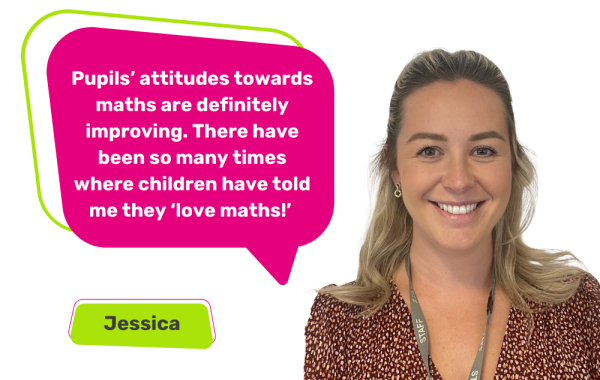Currently in England, pupils who do not achieve at least a grade 4 in GCSE English and maths are required to continue studying the subjects alongside their post-16 courses and are expected to resit the exams. However, the pass rate for resits remains low, and the policy has long been criticised for leaving students trapped in a dispiriting cycle of repeated exams.
The government said the new qualification aims to "break down barriers to opportunity," highlighting that white working-class pupils are twice as likely to need to resit as other students.
While ministers still expect students who take the new course to work towards retaking their GCSEs, not everyone will do so. Instead, the qualification is intended to provide a different pathway for learners with lower prior attainment who have not benefited from repeated GCSE attempts.
Baroness Smith’s comments came as part of a wider government plan to overhaul post-16 education, which also includes the introduction of new "V-level" qualifications.
Responding to the announcement, Sam Sims, Chief Executive of National Numeracy, said:
"National Numeracy has been calling for a stepping-stone qualification that genuinely enables learners to show what they know and can do for years, so it’s great to see the government recognising the need for a genuine stepping stone in maths education.
"Too many young people have been stuck in the demoralising cycle of repeated maths GCSE resits, which can seriously knock confidence and motivation.
"The right alternative could make a real difference and we're looking forward to seeing the detail.
"It’s vital that any new qualification truly supports learners to build skills and confidence, while avoiding the risk of creating a two-tier system and further embedding the inequalities inherent in the current system."








